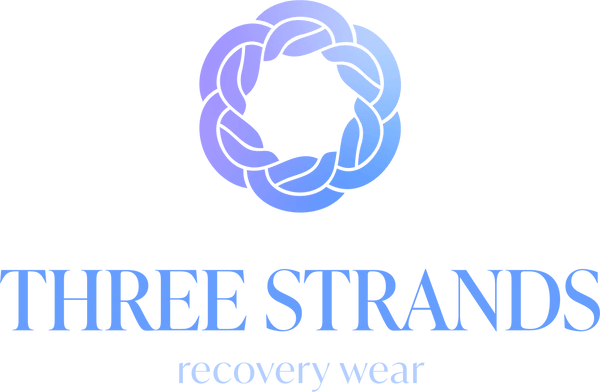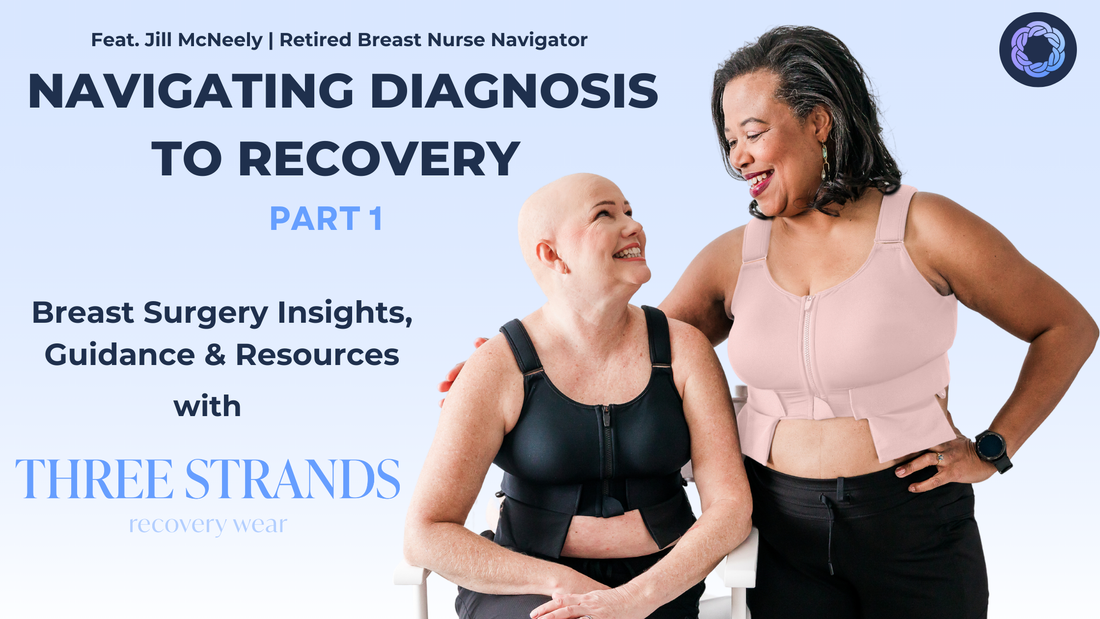Welcome to Part 1 of our 5-part blog series, ‘Navigating Diagnosis to Recovery,’ featuring insights from Mrs. Jill McNeely, a retired breast nurse navigator with years of experience guiding patients through the challenges of breast cancer. In this blog, we dive into the crucial role that a nurse navigator plays in your breast cancer journey—from diagnosis through treatment and recovery.
A nurse navigator is more than just a guide; they are your advocate, helping you understand the complexities of your diagnosis, coordinating your care, and providing emotional support when you need it most. In this blog, we’ll explore where you can find nurse navigators within a hospital system, what you can expect from their support, and what steps to take if you don’t have one assigned to you.
Jill also offers practical advice on how to manage the overwhelming flood of information that comes with a breast cancer diagnosis. Here are some key points and resources she recommends:
1. Obtain a Written Copy of Your Pathology Report
Having this document is essential. It helps you recall important details about your diagnosis and provides crucial information to share with your healthcare team.
2. Get Contact Information for Your Nurse Navigator and Physician’s Primary Nurse
Make sure you have the names and phone numbers of these key contacts. They are there to answer your questions and provide guidance throughout your treatment.
3. Be Cautious with Online Research
While researching your diagnosis is important, avoid becoming overwhelmed by unverified sources. If something feels off, stop and reach out to a trusted healthcare provider or refer to reliable resources like Breast Cancer Treatment Handbook by Judy Kneece.
4. Seek Support Groups
Whether you have a nurse navigator or not, connecting with reputable online and community support groups can make a significant difference in your journey. Here are some that Jill highly recommends:
- Living Beyond Breast Cancer
- Susan G. Komen
- Choose Hope
- American Cancer Society
- National Cancer Institute
- Johns Hopkins Breast Center
CaringBridge – An excellent resource for updating loved ones on your treatment journey without needing to repeat your story multiple times.
As you embark on your journey, remember that you are not alone. Nurse navigators like Jill are here to help, and there are countless resources available to support you every step of the way. Stay tuned for Part 2 in our series, where we will discuss the emotional aspects of a breast cancer diagnosis and how to manage the flood of information that comes with it.
For those interested, more information about Three Strands Recovery Wear, including retail locations, online purchasing options, and ambassador opportunities, can be found on their website at threestrandsrecoverywear.com. Questions can also be directed to their email at info@threestrandsrecoverywear.com. If you are interested in purchasing the Resilience Bra please use our store locator to find the nearest Resilience Bra to you or find it online here for 15% off your first purchase.
It's important to note that while the series provides valuable insights and personal experiences, it is not a substitute for professional medical advice, diagnosis, or treatment. Viewers are encouraged to consult their physicians or healthcare providers regarding any medical concerns.


